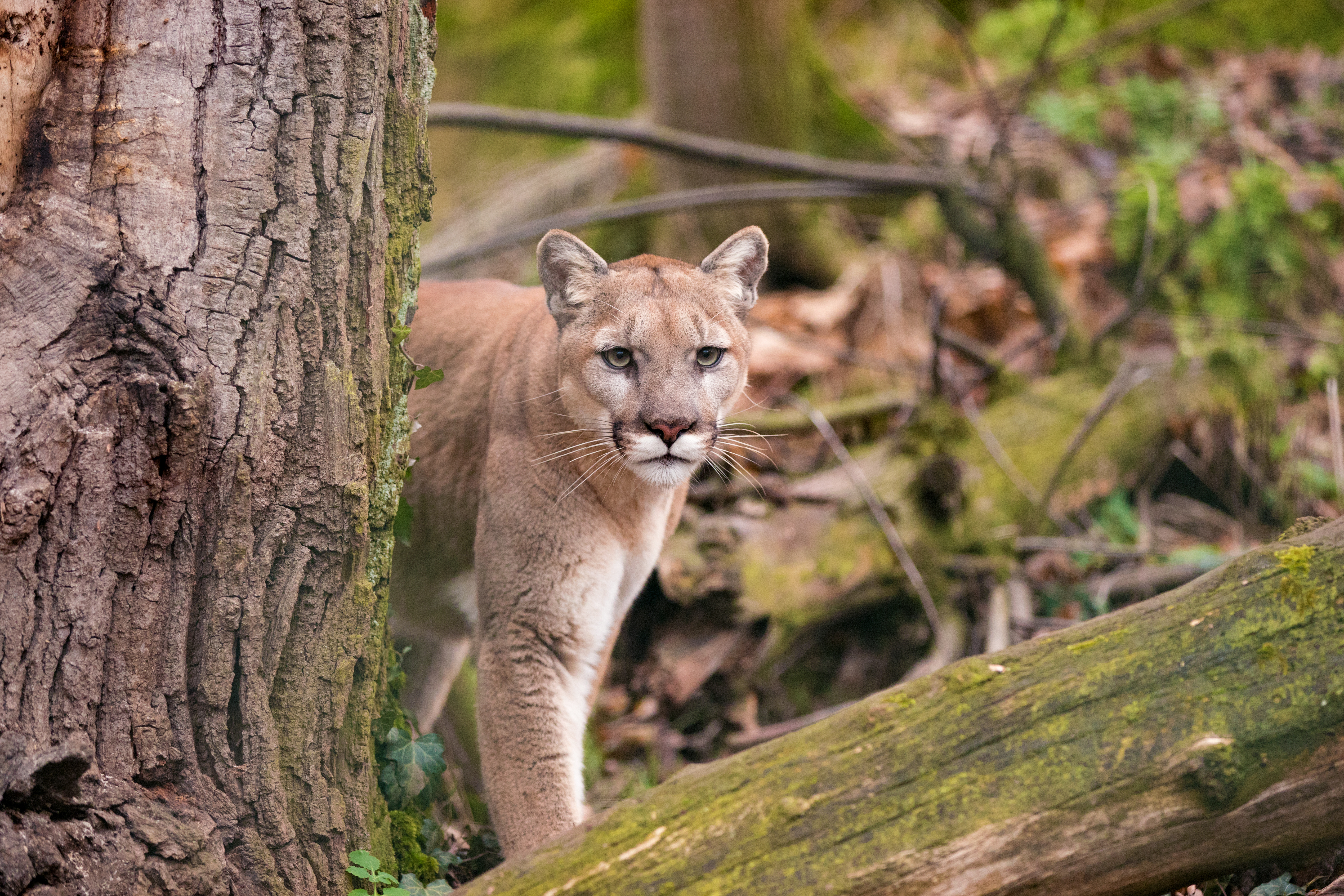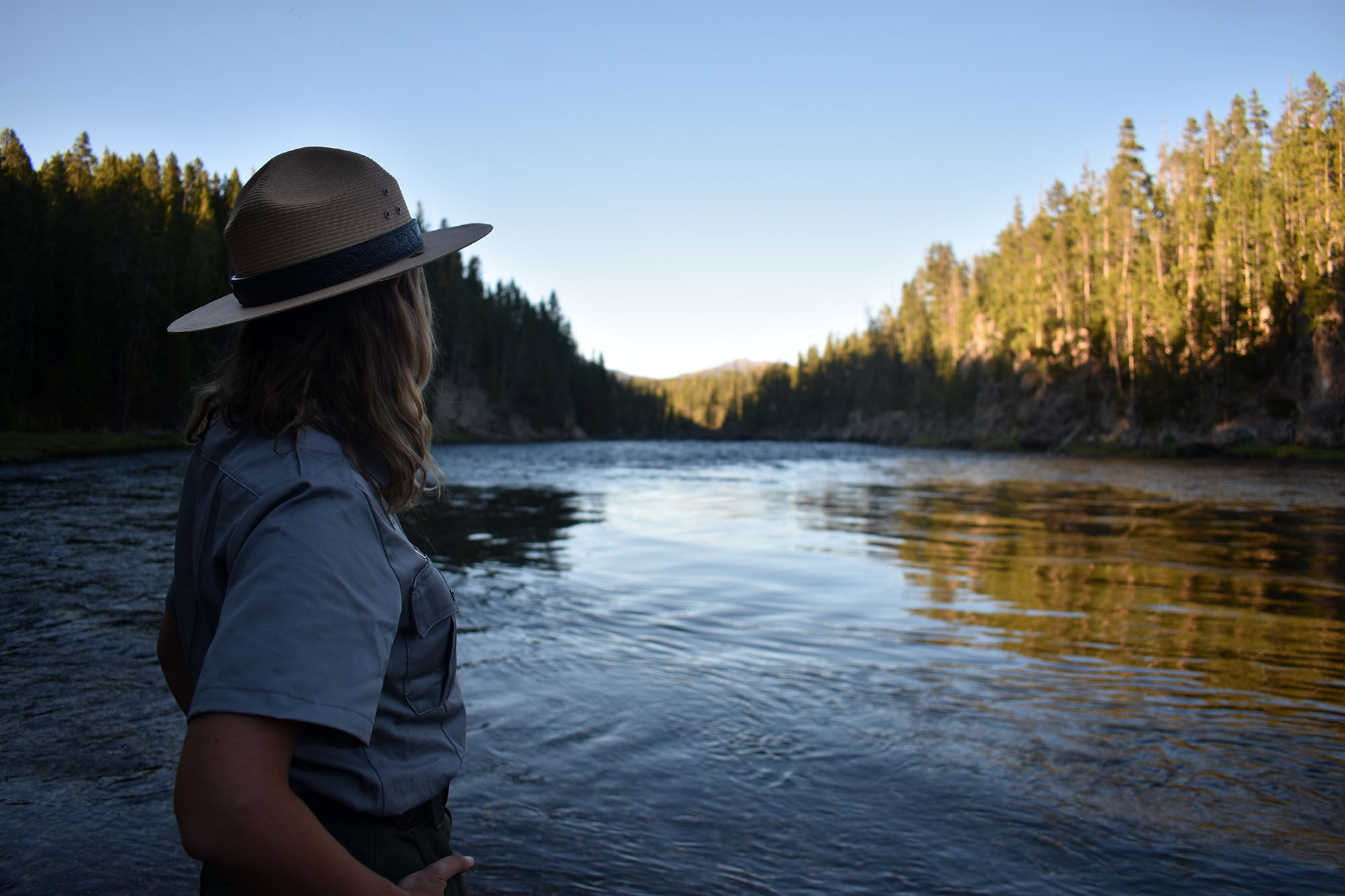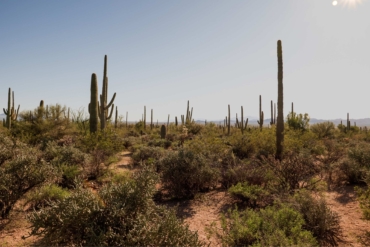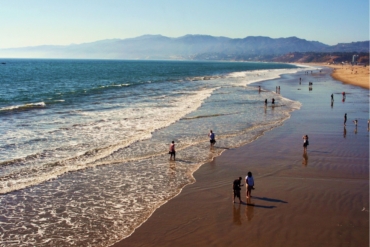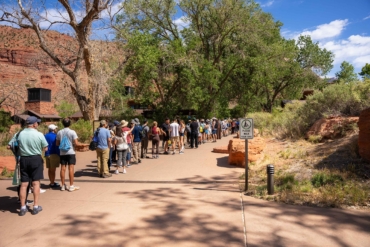A women’s gathering for industry leaders in the outdoors not only lends community but also leaves a lasting imprint on GearJunkie Editor Nicole Qualtieri.
I’ve always been a little standoffish about the classic “retreat.” There’s an oddly indulgent, optimistic, and often honey-coated exterior to the lead-up to such things.
I tend to like my transformational journeys to be a little rough around the edges — more Type II suffering, fewer creature comforts. Packing in for a 20-mile overnight alone in grizzly country? Why not. Hunting deer solo on the frigid eastern Montana plains? You betcha. Living in my car and on public lands for 10 months out of the year, just for kicks? Yep. That too.
So when I was invited to join Project16x for a summit in the high mountains of the San Juan National Forest — replete with beds, cabins, and 18 other women — I decided it would be a challenge of a different sort. I had, in fact, worked at all-girls sleepaway camps in the early 2000s. I currently run a deer camp for gals in Montana. And I’m a proud proponent for creating intentional space for all sorts of demographics.
Perhaps I needed to extend myself to a different kind of learning opportunity with outdoorswomen of all sorts. It was an easy — if not a bit curious — yes. It was, after all, more of a summit than a retreat: a peak to climb versus moving backward. Certainly, that would be right up my alley.
The Background of Project16x
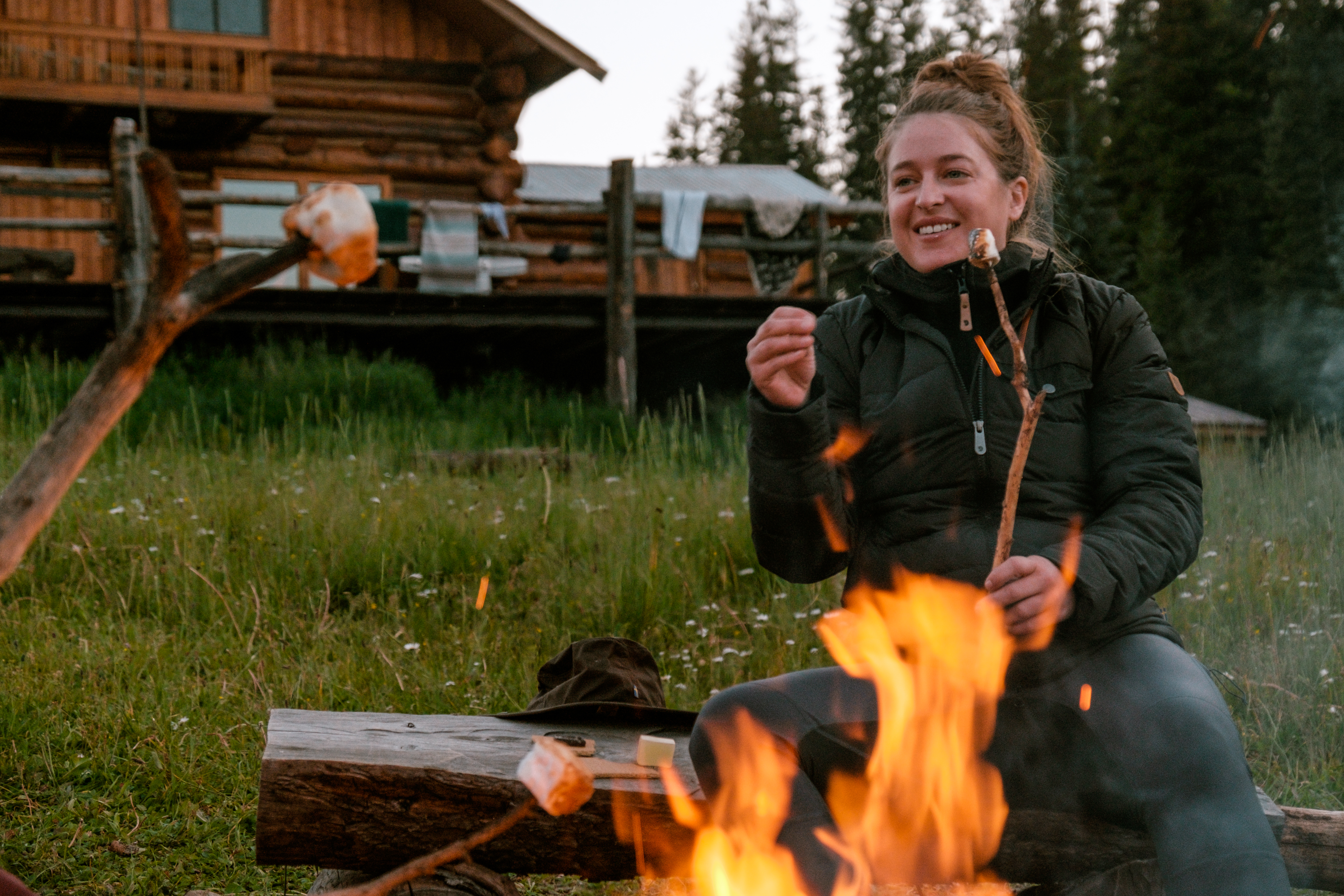
In 2016, Amanda Goad set out with a vision to create space for women working in the outdoor industry to join together.
The founder of both Project16x and public relations and storytelling agency BoldBrew, Goad is integral in the industry and well-connected across the board. And she both invites women of her own accord and gives past attendees the ability to nominate women who they think would be integral to the experience.
Goad and her team have completed more than 10 summits as of this year. And, as 2020 rounds the bend, she’s got plans in place for at least four more summits: In addition to three other summits bringing women together from across the outdoor space, an alumni summit brings together past attendees for more advanced workshops.
A variety of brands has contributed both gear and funding to each event, with OtterBox, Fjallraven, and HOKA ONE ONE being recent sponsors of my own experience.
An Organized State of Community
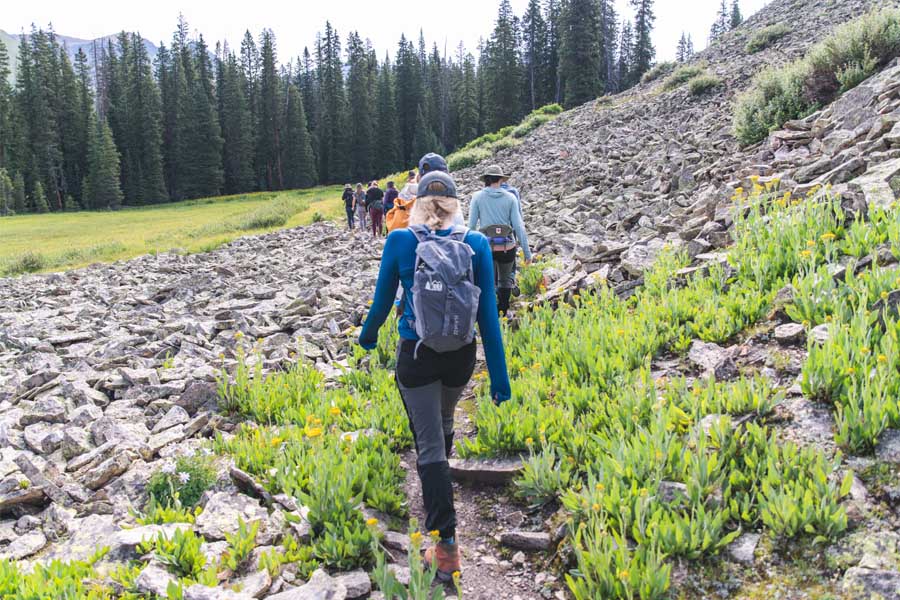
The summit takes place, for the most part, at the High Camp Hut just outside of Telluride, Colorado. The setting is nothing less than spectacular, and the main cabin packed us in like comfortable sardines. Pikas squeaked their songs all day long from the scree nearby, gray jays squabbled in the trees, and the sun and stars shone brightly for 4 days and 3 nights.
The schedule itself was dialed. We had a mix of free time, activities, and organized conversations. A few women self-elected to lead small workshops that ranged from yoga to personal development, professional organization, and smartphone photography.
Meals were easy, and the effort was crowdsourced; each of us took turns cooking and cleaning. We did a group hike to a high-alpine valley, and many of us jumped into the woodfired hot tub at some point in the trip.
Much of the schedule was optional, and, for my sake, I was grateful to have permission to take some alone time in the high country. Those quiet moments of reflection and stillness helped me absorb and decompress the events at hand.
Tending the Conversational Fire

I wasn’t sure what to expect out of the experience, so I came into it with an open mind and heart, as best as I could. And there was certainly dissonance in the experience.
As a liberal arts college graduate out of the mid-2000s, I’ve often felt outside of the deeply liberal language used among the generation just after mine. To me, it’s a language that abuts and buries painful experiences without resolution. It’s also a method of policing conversation to avoid discomfort. Triggers, virtue signaling, safe spaces — in my opinion, they’re all methods of avoiding, policing, and silencing rather than addressing.
And we had deep and sometimes uncomfortable work to do on some tough issues. Certainly, some of these words and actions came up. Not only did I feel like I could speak up and talk about my own thoughts on heritage — the theme of our summit — I felt heard, even amidst the discord.
Initially, I stayed quiet and just listened, and, by the last night, sharp edges were well-rounded. We talked about heritage, about how white people can better address latent racism, about what it means to be privileged, and how we can extend what we hold to others. These are not small conversations. And with a lack of racial diversity in our particular group, some questions were certainly left unanswered.
It’s important to note that the mostly white faces around the campfire circle were deeply reflective of the outdoor industry, and we took that into account. It’s also important to recognize that, as women in the outdoor space, we remain a burgeoning minority. And diversity, equity, inclusion, and justice are certainly applicable to the space itself.
And, lest I sound too serious and overwhelmingly pragmatic, there was a great deal of belly-aching, wall-shaking, life-affirming laughter, and mischief amidst the work. It didn’t stop, really. The mirth made for a yin and yang approach to our time together. The heavy stuff couldn’t have evolved and deepened if it wasn’t for the light.
Lasting Lessons, Lasting Impact
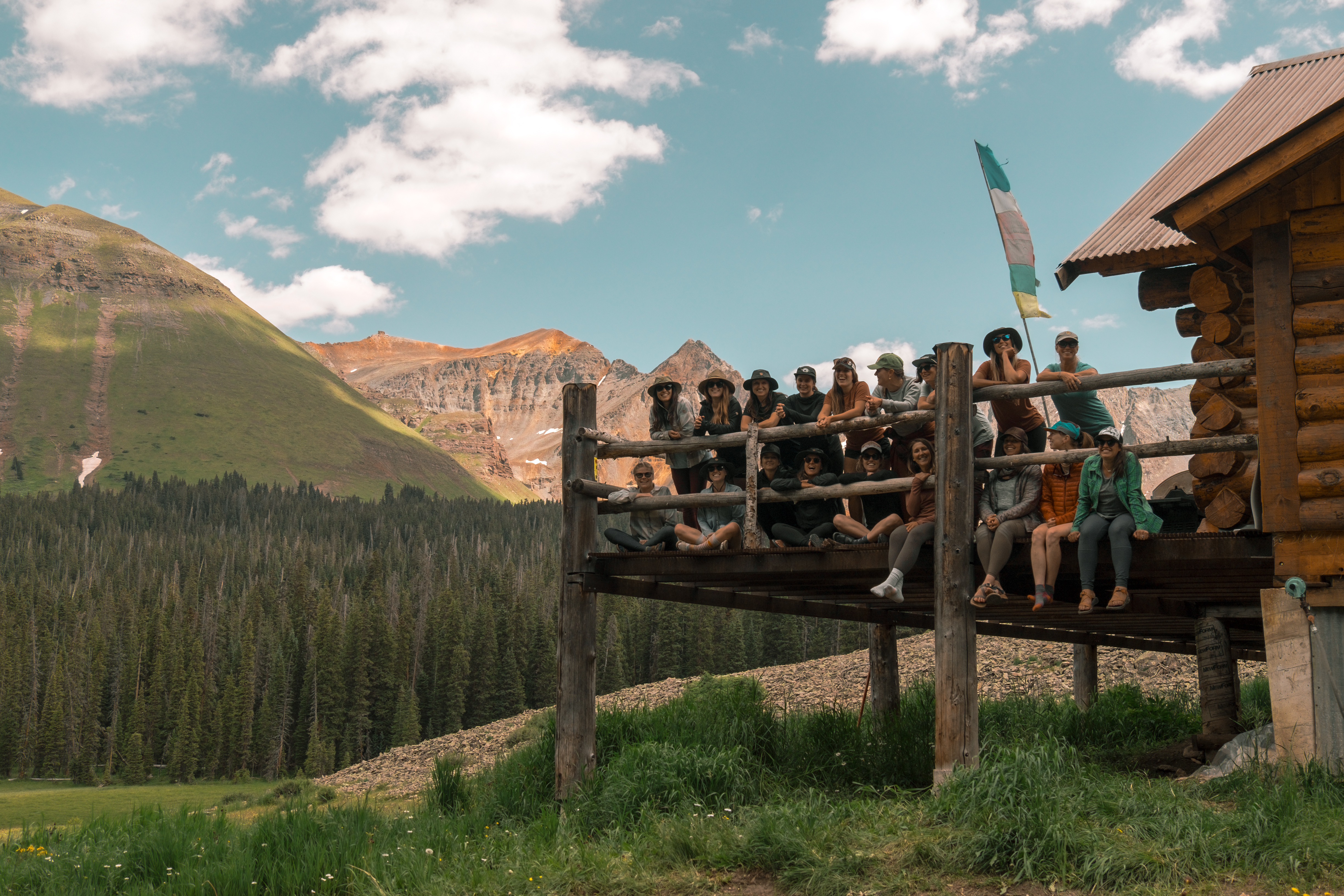
There is power in numbers. And that power permeated each of us as the hours grew towards an end.
Aside from the importance of difficult discussion, I took home with me a sense of unity that hasn’t faded. I was able to implement a new and dynamite organizational system for my professional life that aids me daily in being a better writer, editor, and human being. I felt a sense of kinship in my fellow remote workers, who, like me, have struggled through a new definition of our working lives.
It took a while for me to find the words to write about it. Our summit was at the end of August, and 2 months later, I’m still deconstructing these lessons and putting a more concrete sense of meaning to them. And yet, the merit of the summit sticks with me. I’m now part of a group of 107 women across the industry that have circled around each other to lift each other up.
I eagerly anticipate the continued growth of this group. And I’m buoyed by the nature in which a group of professionals with disparate opinions and life experiences can bond over differences as much as similarities. It’s a small piece of hope in a much bigger — and often incredibly volatile — cultural conversation.
I’m grateful to be a continuing part of this ongoing effort to diversify the outdoor industry. It can only lead to bigger, better, and more beautiful things for our community. And I’m already looking forward to the next alumni summit. I’ve got more growth to dig into.


